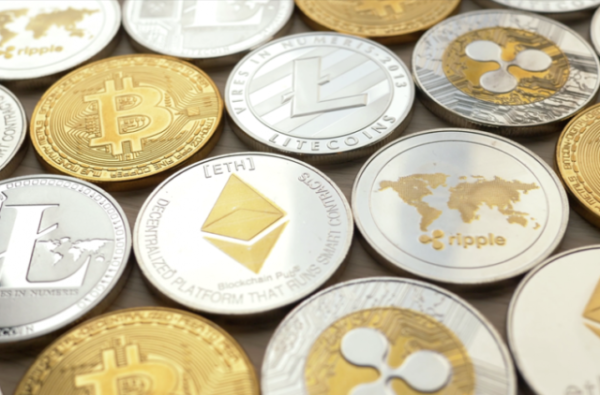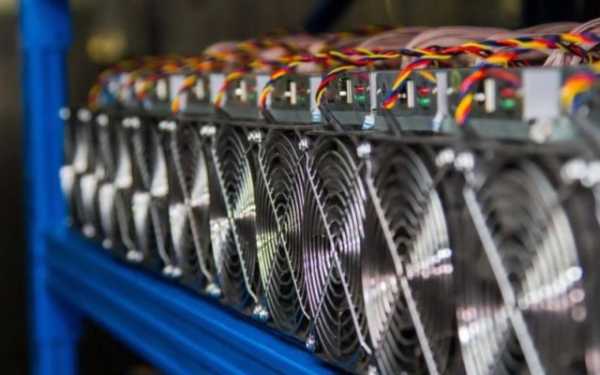Why do large companies need reserves in altcoins?

Since the beginning of June, three companies whose shares are traded on stock exchanges in Canada and the United States have announced the inclusion of the native token of the Hyperliquid crypto exchange (HYPE) in their corporate reserves. This may indicate that the trend of adding bitcoin to company balance sheets has spread to other cryptocurrencies. Experts point out that the purchase of cryptocurrencies as a reserve for organizations is the driving force for this market cycle, writes RBC Crypto.
“Every cycle, founders chase a flood of hot money. In the last cycle, that meant launching a token. In this cycle, your token is floated on the stock market (a la treasury companies). But hot money never stays still, so treasury companies won’t be the end goal. But I’d guess it’ll take a year or two for the hype to die down,” Haseeb Qureshi, managing partner at Dragonfly Capital, wrote in X.
A similar opinion was expressed by Blockstream co-founder and one of the first participants in the Bitcoin community, Adam Back, but only in relation to Bitcoin, and not the crypto market as a whole: “It’s time to exchange altcoins for Bitcoin or for the securities of companies that are buying it.”
Back also noted that “this cycle could be quite profitable, but it will take several years,” predicting Bitcoin to rise to $1 million amid a trend of companies buying cryptocurrency.
Hyperliquid and its HYPE
On June 23, US-based Eyenovia, which trades on NASDAQ under the ticker EYEN, announced that it had raised $50 million in a private equity round, allowing it to acquire over 1 million HYPE at an average price of about $34 per token.
Eyenovia announced plans to create a HYPE reserve in mid-June. Since the announcement on June 17, EYEN's share price has risen 83% to $5.6, according to TradingView.
The Hyperliquid platform operates as a decentralized exchange (DEX) on its own blockchain. It supports leveraged trading and provides deep liquidity, but does not require identity verification. Specializing in derivatives, Hyperliquid ranks fifth in perpetual futures daily trading volume and open interest (OI) among similar platforms after Binance, OKX, Bybit, and Bitget. According to analytics service Laevitas, as of May 26, Hyperliquid's daily trading volume is $8.2 billion, and its open interest is $7.3 billion.
Another American company, Lion Group Holding (LGHL), also traded on NASDAQ, announced on June 18 that it had raised $600 million to create a reserve that includes the HYPE cryptocurrency. The company's share price rose by more than 50% after the announcement, but has now fallen several percent lower than before the announcement.
“Hyperliquid is a natural extension of LGHL’s existing derivatives business into decentralized markets,” said LGHL CEO Wilson Wang, adding that the company also highlights cryptocurrencies Solana (SOL), a leader in the app space, and Sui (SUI), which is backed by Eric Trump’s World Liberty Financial.
The first company to announce the purchase of HYPE for its corporate balance sheet on June 12 was Canadian Tony G Co-Investment, which announced that it had purchased 10.4 thousand HYPE tokens at an average price of about $42.24 as part of a long-term digital asset strategy. On June 13, the company changed its name to HYLQ Strategy (HYLQ), with its shares rising 3.5 times as of June 23, with a peak of more than eight times within three trading days of the announcement of the purchase of HYPE.
Strategy
Notably, the rebranding to HYLQ Strategy is very similar to what the company did, which is the largest corporate holder of Bitcoin, Strategy, which also rebranded in early 2025, changing its name from Microstrategy. But with one important difference – Strategy only buys Bitcoin on its balance sheet.
As of June 22, Strategy has 592,345 bitcoins on its balance sheet (about 2.7% of the total issue), for the acquisition of which the company has spent about $41.87 billion since 2020 at an average purchase price of $70,681 per 1 BTC.
Strategy's key differentiator is that it mainly uses low- or zero-coupon debt to buy Bitcoin. It can be exchanged for shares at a high premium to the offering price — up to 40-50%. It is this accumulation strategy that has been adopted by stock markets. About 150 traditional companies have already followed the example of Strategy, founded by Michael Saylor and buying Bitcoin (BTC) on its balance sheet since 2020. The company's activity in accumulating the main cryptocurrency coincided with the growth of MSTR shares by more than 25 times since the first purchase of BTC (as of early June). Even more debt. How 2022 can predict the collapse of the crypto market
Other cryptocurrencies
While many experts do not consider cryptocurrencies other than Bitcoin as corporate reserves, the market continues to expand. Initially, the trend embraced the largest cryptocurrencies, including Ethereum (ETH) and Solana (SOL), and over time, other crypto assets have entered the market.
For example, former executives of the cryptocurrency hedge fund Coral Capital intend to raise $100 million to buy BNB Chain (BNB) tokens, Bloomberg writes. They also intend to rename an unnamed company (listed on NASDAQ) to Build & Build Corporation and begin accumulating BNB tokens.
Another NASDAQ-traded company, SRM Entertainment, announced plans to create a reserve of Tron blockchain tokens (TRX) in mid-June. Tron founder Justin Sun has been appointed as an adviser to the company. Its plans to accumulate TRX include raising $210 million.
Источник: cryptocurrency.tech



